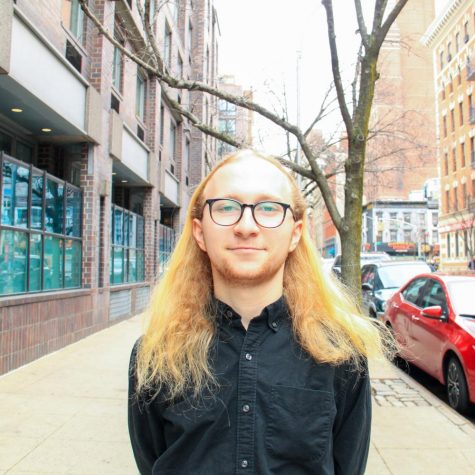Left Behind in Hurricane Florence
September 19, 2018
One of the more troubling decisions made in the preparation for Hurricane Florence was the refusal to evacuate South Carolina Department of Corrections facilities, most notably MacDougall Correctional Institution in Dorchester County. The county was one of the many ordered to evacuate by Governor Henry McMaster, which left human rights organizations outraged as to why MacDougall inmates remained in the prison. This decision was made by Director of the SCDC Bryan Stirling, and has been met by many with shock and anger at the blatant lack of humanity shown to the incarcerated. This decision becomes even more confusing when you consider the fact that North Carolina was able to evacuate more than 3000 of its prisoners from its correctional facilities in all storm areas.
However, in the age of mass incarceration, the refusal to evacuate MacDougall Correctional Institution and other SCDC facilities is reflective of the larger overall dehumanization of incarcerated persons, which infests the entire justice system within the United States and fuels the existence of mass incarceration. In order to solve this crisis, we must recognize the humanity of our inmates and fight the institutions that seek to take that away from them.
Upon closer look, the SCDC seems to be an institution in chaos. Earlier this year, Director Stirling testified before the South Carolina Senate about several lawsuits following a prison riot at the Lee Correctional Institution in which seven inmates were killed. Ignoring the extremely aggressive and hostile actions of his officers as well as a recent increase in violence at the prison, the spineless Stirling chose to put the blame on short staffing and low budgets. The absurdity regarding prison policy in South Carolina does not stop at the local level. Governor McMaster has implied that the riot occured because the inmates had access to cell phones, reiterating his long held position of adding cell phone jammers to state prisons to block prisoners’ cell phones. This position only further dehumanizes prisoners, severing their connection to the outside world, and in turn, rehabilitation.
The governor’s position is one of unfortunate irony too. It was announced last year that Governor McMaster was ordered to pay a $5,100 fine for a campaign finance violation and to repay the illegal $72,000 donation.
Despite the overwhelming institutional oppression embedded within correctional facilities all across the country, there are movements and groups working for change. Most notably, in response to the Lee Correctional Institution riot, the International Workers Organizing Committee was formed, sparking a national prison strike and coordinating several different organizations committed to prison reform. The New Yorker highlighted this need for reform in a recent story about a prisoner, who discusses the alienation caused by being trapped in a flooding jail cell during Hurricane Florence. The water rose to terrifyingly high levels and the guards refused to intervene until the man yelled at the guards to “tell my kids I love them.” Thankfully, the guards chose to recognize the humanity of the inmate before referring to protocol and saved the inmate. However, when it comes to prison reform, change must happen before the water begins to rise.
Recognizing the humanity of inmates, just as the guards eventually did, is necessary to begin to undo the effects of mass incarceration. But the decision should never have been left to the guards in question — the institutional actors must be held accountable for their failure to recognize and acknowledge what was at hand. The institutions in which they serve must also be restructured with the new purpose of serving one another to the best of our ability by any means necessary. This work must start now. Through this, liberation from the jail cell — one of this generation’s greatest moral crisis — can be achieved.
Opinions expressed on the editorial pages are not necessarily those of WSN, and our publication of opinions is not an endorsement of them.
Email Cole Stallone at [email protected].


























































































































































njh • Sep 23, 2018 at 8:26 am
enlightening article , so sad………
charles • Sep 19, 2018 at 12:54 pm
well written and extremely sobering article